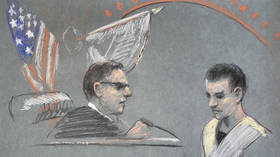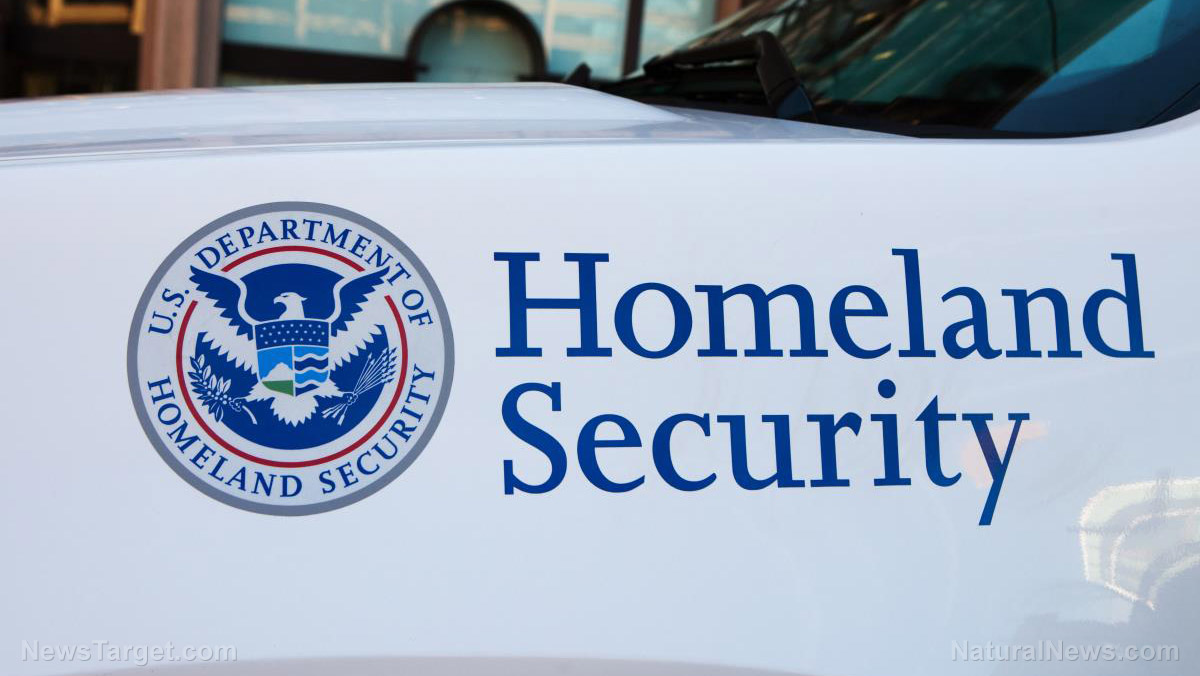NSA Concealed Records on JFK Assassination for Decades

There is something perverse about the fact that President Donald Trump, the exuberant and all-too-successful spinner of conspiracy theories, and deeply ignorant of American history besides, will oversee the release of the remaining classified files related to the assassination of his presidential predecessor, John F. Kennedy.
In 1992, Congress approved, and former President George H.W. Bush signed, the John F. Kennedy Assassination Records Collection Act. They were prodded by an Oliver Stone film on the killing released the year prior and the resulting flurry of public interest. The act mandated the disclosure of all assassination-related records no later than 25 years after its signing, by October 26, 2017 — this Thursday.
While federal agencies can contest the release of the documents on the grounds of “identifiable harm to the military defense, intelligence operations, law enforcement, or conduct of foreign relations” that “outweighs the public interest in disclosure,” according to the act, the chief executive gets the final say in all such cases. In other words, much of what we can still hope to learn about the JFK assassination hinges on Trump.
The estimated 113,000 pages of material, presently with the National Archives, are known from metadata searches to contain extensive mentions of Cuba and the former Soviet Union. Two documents provided by National Security Agency whistleblower Edward Snowden and published for the first time today further underline how closely the intelligence community has held information related to Cuba’s potential role in the killing, indicating that the NSA for decades has kept secret its efforts to monitor Cuban agents’ communications in the aftermath of the event.
Details from and about U.S. intelligence-gathering against Cuba, even if historic in nature, have particular resonance amid a new chill in diplomatic relations between the two countries, and in the wake of documents released earlier this summer showing that CIA officials believed that the investigation into the president’s death paid insufficient attention to assassin Lee Harvey Oswald’s contacts with Cuba.
The sensational potential of the release is not lost on the president, who over the weekend tweeted that: “Subject to the receipt of further information, I will be allowing, as President, the long blocked and classified JFK FILES to be opened.” But an official from the National Security Council told the Washington Post last week that a number of government agencies have already appealed to Trump to block portions of the release.
Jefferson Morley, former Washington Post reporter and author of “Our Man in Mexico: Winston Scott and the Hidden History of the CIA,” believes the most substantive disclosures in the documents will likely include details on CIA operations in Mexico City, as well as the agency’s surveillance of Oswald during his time in the Mexican capital prior to the assassination. Morley doesn’t expect to find any smoking gun from the release, though the clear desire for one among at least some portion of the public speaks to the enduring allure of a grand assassination conspiracy over the conclusions put forth in a nearly 900-page report, informed by a year of research from the investigative government entity assembled to get to the bottom of JFK’s death, the Warren Commission. The commission’s findings — that Oswald acted alone and there was no evidence of conspiracy, either foreign or domestic — has been met with public incredulity well into the 21st century: According to a 2013 Washington Post-ABC News Poll, over 60 percent of Americans believe Oswald was part of a larger plot to kill the president.



